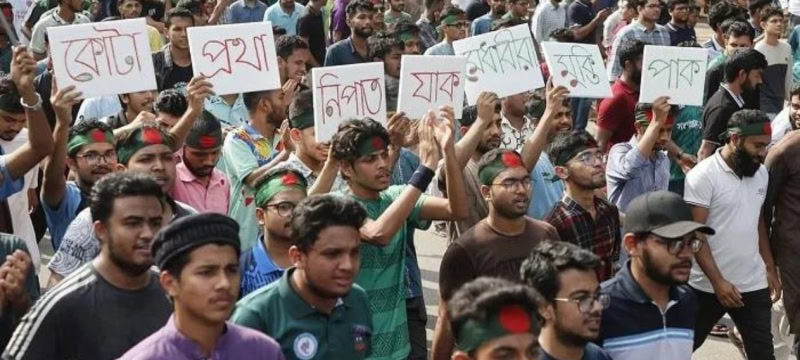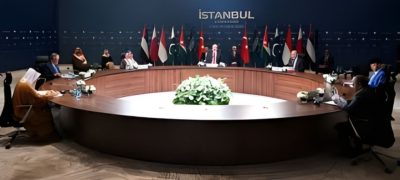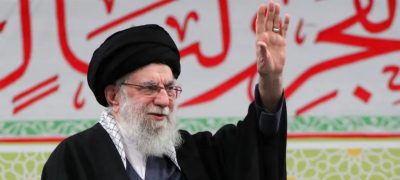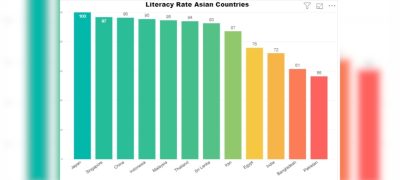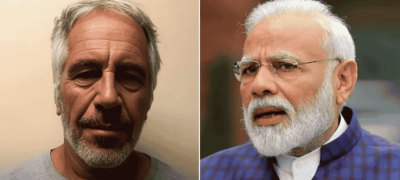Unicef has reported that at least 32 children died during student protests in Bangladesh last month. Among the victims was a child under five years old, with most casualties being bystanders. These protests, which were initially sparked by grievances over job quotas in the civil service, led to over 200 deaths according to News. The government has since reduced the quota system following a Supreme Court ruling, but protests have continued as students demand justice for those killed, injured, or detained.
Though the scale of the protests has diminished, anger persists over the government’s initial response. Demonstrators, who gathered outside Dhaka’s largest mosque after Friday prayers, expressed their frustration by questioning why the perpetrators remain free while victims are buried.
Read more: Bangladesh’s PM Sheikh Hasina Prohibits Jamaat-e-Islami, Calls Groups Terrorist
Security forces, facing thousands of protesters, used tear gas and rubber bullets, injuring at least 20 people, according to Reuters.
Unicef’s regional director for South Asia, Sanjay Wijesekera, mentioned that during his recent visit to Bangladesh, he was informed about children being detained. He emphasized that the confirmed 32 deaths represent a significant tragedy and stressed the importance of protecting children at all times.
In response, Bangladeshi junior Information Minister Mohammad Ali Arafat stated that the government had no records matching Unicef’s reported numbers. He assured that all deaths would be investigated, and those responsible would be held accountable.
The government, which has faced accusations of excessive force from doctors and critics, attributes the unrest to political opposition. Recently, it banned the Jamaat-e-Islami party and its student wing, accusing them of instigating violence and property destruction. Opposition leaders have condemned this ban as illegal and unconstitutional.
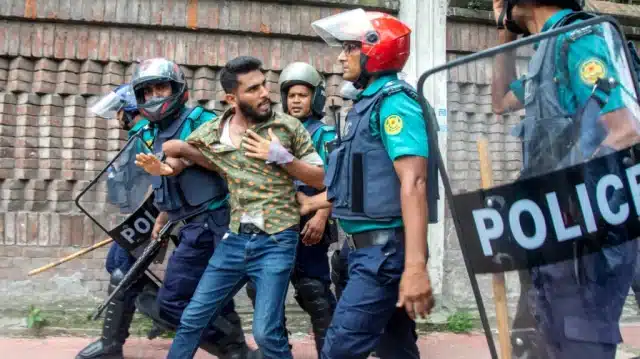
Student protest leaders who were detained for a week were claimed to be held for their own safety, according to officials. Despite their release on Thursday, public outrage remains high. In a joint statement issued Friday, the students criticized their detention, alleging they faced “harassment, torture, and drama” during their time in custody.
They asserted that no one is secure when those in power are capable of harming unarmed individuals and urged continued protests.
Since the crackdown began, nearly 10,000 people have reportedly been detained. However, Junior Information Minister Mohammad Ali Arafat dismissed the students’ claims, explaining that their detention was necessary due to a perceived threat to their safety. He emphasized that ensuring their protection was a top priority for the authorities.


